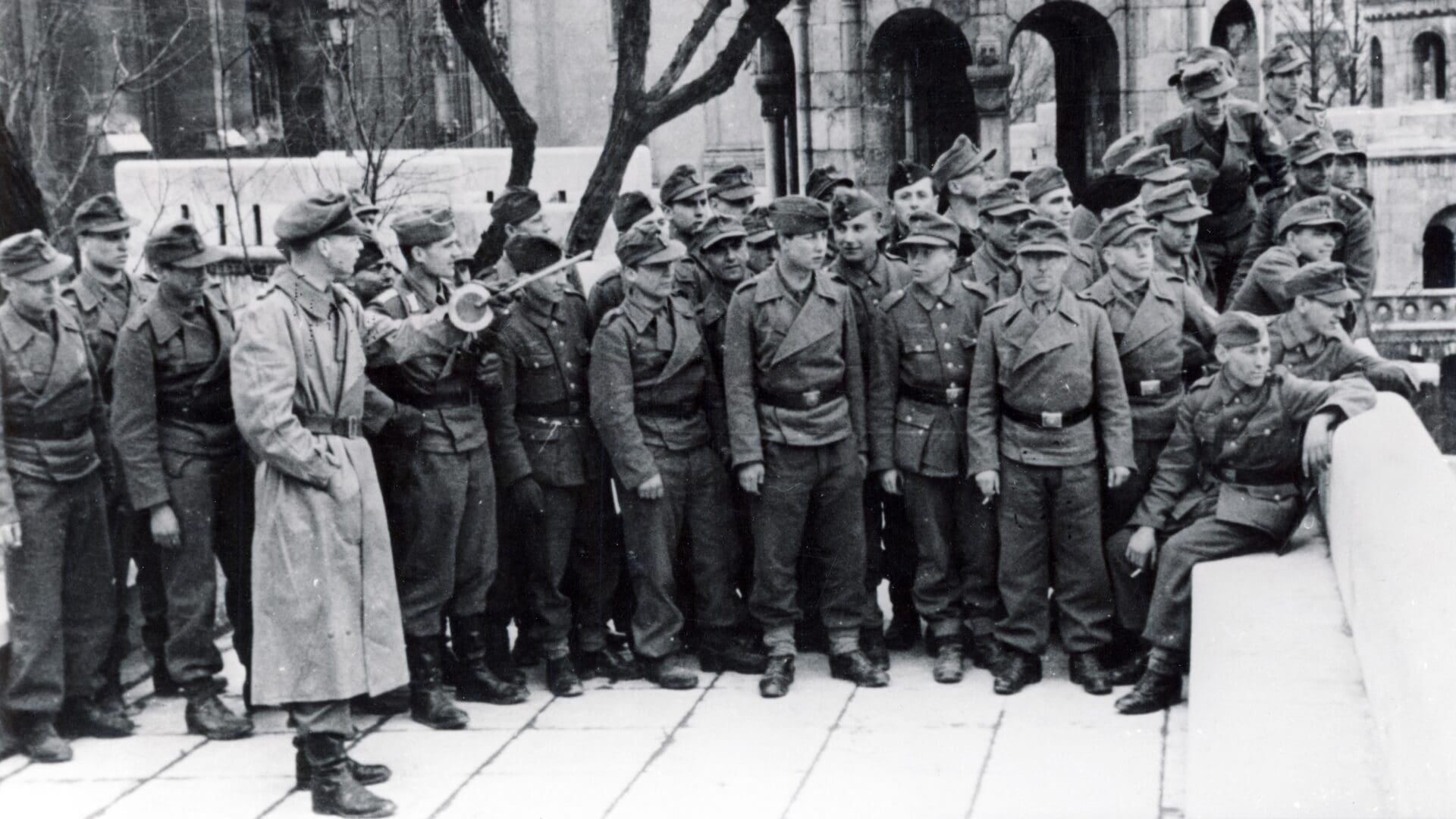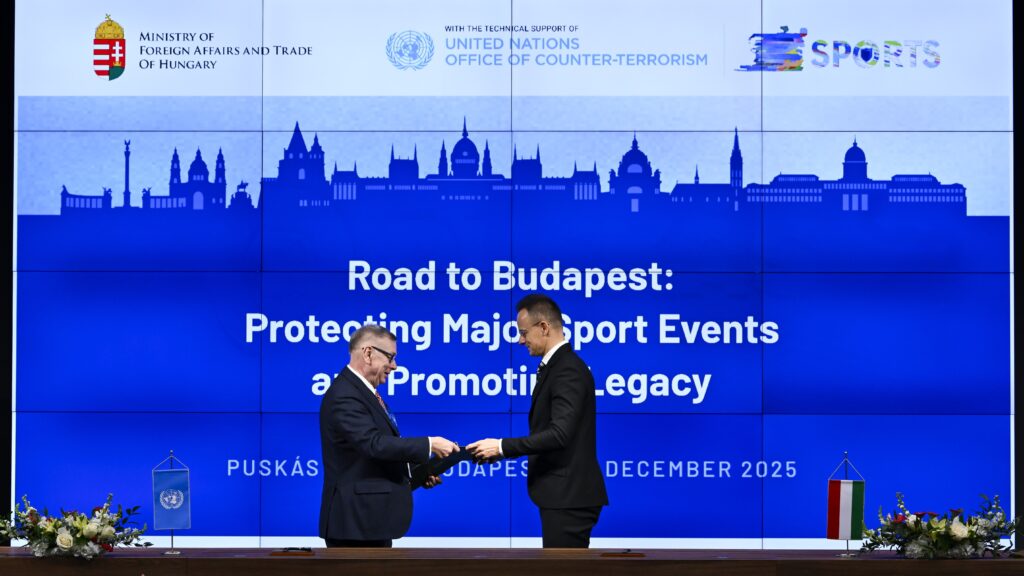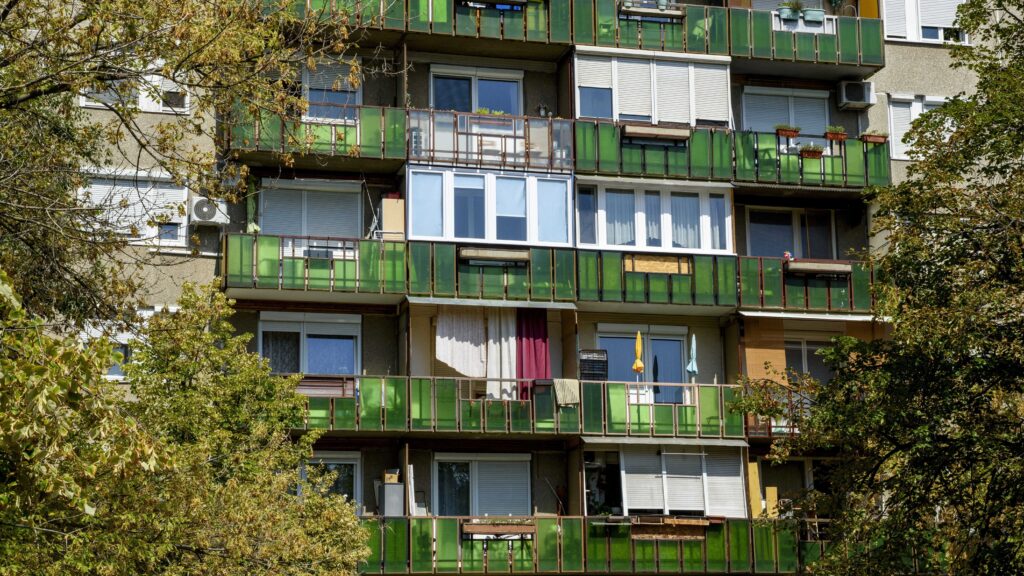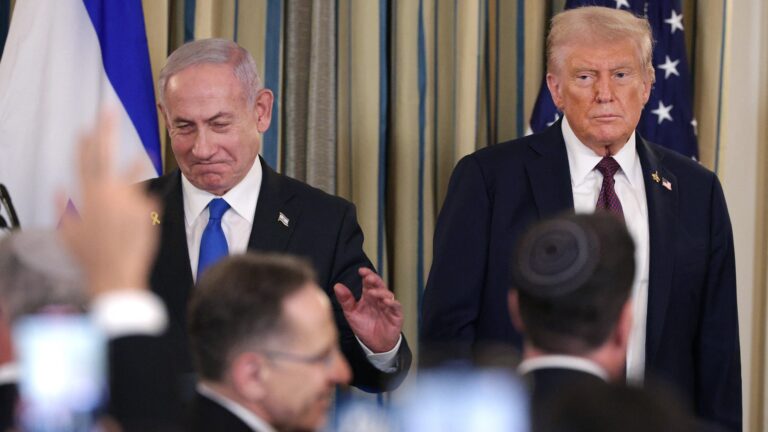Since first visiting Europe several years ago, I’ve consistently been struck by an odd sensation whenever I’m here: a feeling of ‘heaviness’. It began when I first arrived in Italy. Whether descending the Spanish steps in Rome or strolling along the Arno in Florence, everything just felt ‘heavier’ than it did back in the States. At first, I simply thought that it was the disorienting feeling of being in a foreign place, where everyone spoke a foreign language, and all of the goings on were utterly, well, foreign. With that in mind, I didn’t think much of it.
Still, even as I overcame the culture shock (and murderous jet lag) of visiting, and later living and working on another continent, the feeling lingered. It wasn’t consistent, however. In some more familiar places it abated almost completely, though at others it was crushing to the point of reducing me to contemplative silence. All the while, I could not figure out why it existed or what was causing it. It didn’t dawn on me until several days into that initial trip to Europe. It was the day we came to the concentration camp at Dachau in Germany.
There the weight was truly total, and I finally understood why.
I am a student of history, and not only in the poetic sense that every human being is and ought to be. I graduated with a bachelor’s degree in it. Being in Europe, however, had finally demonstrated the difference between knowing history and understanding it. There was something about the past that could only be conveyed by being where it took place. Although I had already studied the horrors of the Holocaust and the Second World War, being in the actual face of such evil, in the literal place of it, shook me to my core.
Even so, it wasn’t until coming back to Europe for a fellowship in Hungary this past month that I could truly understand the feeling in its entirety. It wasn’t only in places of tragedy that this weight manifested. I felt it gazing at the beautiful neo-Gothic grandeur of Hungary’s parliament building. It came again while listening to a string concert in Matthias Church and once more while looking out at the Danube from the Fisherman’s bastion in Buda’s Castle District.
To be certain, Hungary was no stranger to tragedy.
Wars had been fought in and over this land centuries
before my country was even a thought, to say nothing of the acute pain of the past century’s two cataclysmic wars and occupation under two different oppressive regimes. But all of this, both the beauty and the tragedy, were so much more imminent here.
It isn’t hard to understand the disparity. For one thing, it is a matter of time. I live in a small city in a rural area of the US state of Georgia. Even our older town squares there have, as their oldest memories, pictures of parading veterans of World War I or monuments to the fallen of the American Civil War (the latter a topic of an entirely separate historical debate). Though these are certainly important historical events in their own right, and the US is likewise no stranger to historical tragedy, they highlight the nation’s youth and help to explain its relative ‘lightness’ and sense of cultural naivety. After all, in Hungary there are buildings twice as old as the US that people have long since forgotten the name and significance of.
Still, time alone also fails to explain the heaviness entirely, especially regarding more recent history. There really is something important about actual proximity as well. It is one thing to read about Nazi Germany tearing through Eastern Europe and the Soviet Red Army’s counteroffensive, but quite another to walk the streets once marched by jackboots, to see the bullet-pocked walls of the old synagogue on the edge of what was once the city’s Jewish ghetto, to see the standing monument to Red Army soldiers in Liberty Square.
World War II and the Cold War certainly loom large in American history, but to another degree. For example, Georgia was host to Camp Toccoa, an important training ground for US forces before deploying into Europe in WWII. Likewise, many alive in the United States today vividly remember the Cold War at one stage or another. Still, both of these were distant threats, ethereal phantoms that the US faced bravely, but never encountered in the same way. Hungary, on the other hand, was part of
the very battleground upon which freedom from fascism and communism were won in bloody struggle,
and the ghosts of that struggle linger on.
At the end of it all, I think it is a kind of historical empathy. It is the very basic and fundamental empathy for the shared experiences of art, beauty, tragedy, and pain that all of humanity can relate to. To be honest, it is very humbling. It humanises the experiences of people worlds apart in a way that cold academic research simply cannot. When I arrived in Hungary for the fellowship, one of the first things my employer told me was that he hoped above all else that the experience would enhance my perspective, especially of Europe. Now more than ever, I appreciate that sentiment. Perspective is a gift that humanity is all the better for sharing.







